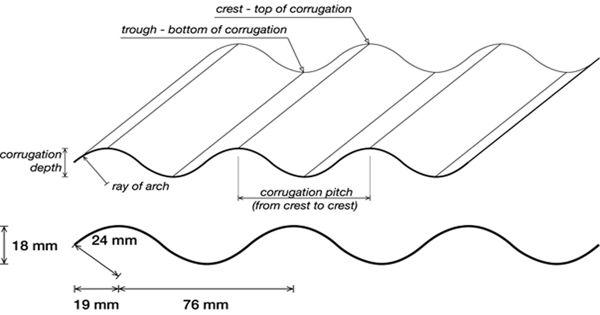Pregnancy headaches are extremely frequent. Tension headaches and migraine headaches are the most prevalent. Most headaches pass quickly, but some are more troublesome than others or are caused by other issues. Any headaches you experience before, during, or after pregnancy should be discussed with your healthcare professional.
Migraine headaches are common among pregnant women. More than half of women report that their migraines become less frequent in the final few months of pregnancy. However, migraines might worsen after birth, particularly the postpartum period. Although migraine headaches might be excruciating, they are not harmful to your developing baby (fetus).
According to a preliminary study released on February 24, 2022, women with migraine may be at a higher risk of pregnancy complications such as preterm delivery, gestational high blood pressure, and preeclampsia, which will be presented at the American Academy of Neurology’s 74th Annual Meeting, which will be held in person in Seattle, April 2 to 7, 2022, and virtually, April 24 to 26, 2022.
Researchers also discovered that women who have migraine with aura may be at a little increased risk of preeclampsia than women who do not have migraine with aura. Auras are feelings that occur before to a headache, and are frequently visual disturbances such as flashing lights. Preeclampsia is characterized by high blood pressure together with additional symptoms such as protein in the urine during pregnancy, and it can endanger the mother and baby’s lives.
Roughly 20% of women of childbearing age experience migraine, but the impact of migraine on pregnancy outcomes has not been well understood. Our large prospective study found links between migraine and pregnancy complications that could help inform doctors and women with migraine of potential risks they should be aware of during pregnancy.
Alexandra Purdue-Smithe
“Roughly 20% of women of childbearing age experience migraine, but the impact of migraine on pregnancy outcomes has not been well understood,” said study author Alexandra Purdue-Smithe, Ph.D., of Brigham and Women’s Hospital in Boston. “Our large prospective study found links between migraine and pregnancy complications that could help inform doctors and women with migraine of potential risks they should be aware of during pregnancy.”
Over a 20-year span, researchers examined over 30,000 pregnancies in around 19,000 women. Of those pregnancies, 11% of the women reported being diagnosed with migraine by a doctor prior to pregnancy.
Preterm delivery, defined as a baby born before 37 weeks gestation, gestational diabetes, gestational high blood pressure, preeclampsia, and low birthweight were all investigated by the researchers.
After controlling for age, obesity, and other behavioral and health factors that may influence the risk of complications, researchers discovered that women with migraine had a 17 percent higher risk of preterm delivery, a 28 percent higher risk of gestational high blood pressure, and a 40 percent higher risk of preeclampsia when compared to women without migraine. Preterm birth occurred in 10% of the 3,881 pregnancies among migraine women, compared to 8% of pregnancies among migraine women. For prenatal high blood pressure, 7% of migraine-affected fetuses acquired the condition, compared to 5% of migraine-affected pregnancies. Preeclampsia occurred in 6% of pregnancies among migraine women, compared to 3% of pregnancies among women who did not have migraine.

In addition, when looking at migraine with and without aura, women who had migraine with aura were 51% more likely to develop preeclampsia during pregnancy than women without migraine, while those who had migraine without aura were 29% more likely.
Researchers found that migraine was not associated with gestational diabetes or low birthweight.
“While the odds of these issues are still fairly low overall,” Purdue-Smithe added, “women with a history of migraine should be aware of and discuss with their doctor about potential pregnancy hazards.” “More research is required to determine why migraine may be related with an increased risk of problems. Meanwhile, migraine sufferers may benefit from better monitoring throughout pregnancy so that issues such as preeclampsia can be discovered and treated as soon as feasible.”
Although migraine history was recorded prior to pregnancy, information on migraine aura was not obtained until much later in the study, when many of the pregnancies had ended. As a result, the findings for migraine aura may have been influenced by participants’ ability to recall their experiences accurately. Another issue was the lack of information on migraine attack frequency and other migraine characteristics. More research is needed to overcome these limitations and better explain how pregnant women with a migraine history should be assessed and managed for potential pregnancy problems.
The study was supported by the National Institutes of Health.
















